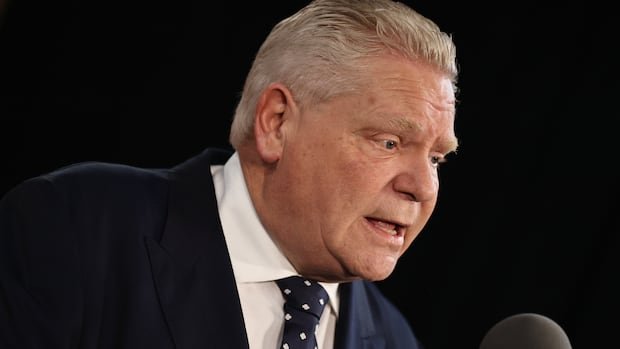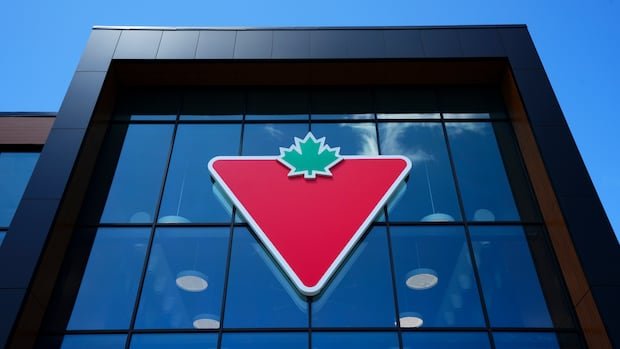British Columbia Premier David Eby is calling on the federal government to protect forestry workers as new tariffs imposed by the U.S. president threaten to topple an already struggling industry.
On Tuesday, the United States imposed a 10 percent tariff on Canadian lumber, on top of the 35 percent tariff already in place.
The United States also imposed a 25 percent tariff on some Canadian wood products, such as furniture.
The news is devastating for communities like Grand Forks, BC, where local factory operations are already precarious.
In beginning of september, Interfor announced reductions across all of its North American operations, including Grand Forks. But last week, the community learned that the mill would be closed indefinitely.
Doug Gailey is one of hundreds affected by the closure.
“When [the closure] “We first started, we thought we were going to be back on October 6th… and then on October 1st, they told everyone it was going to be indefinite,” Gailey told CBC. South Dawn.
He said it was a big shock to the community.
“Now we just have to sit and wait and see what’s going to happen.”
Canadian lumber is taking another hit from U.S. President Donald Trump’s trade war. The new tariffs announced last month are now in effect. They include a 10% global tariff on all softwood and lumber entering the United States. This is now in addition to the 35% tariff already in effect. Some finished wood products, such as cabinets, dressers and upholstered furniture, are also being affected. They will face a 25% tariff with a new increase on January 1. CBC’s Marina von Stackelberg has more.
In an email to CBC News, Intefor vice-president of corporate communications and government relations Svetlana Kayumova said The decision to reduce operations in September and then suspend them indefinitely in Grand Forks was the result of “persistently weak market conditions and continued economic uncertainty.”
“We continue to face significant headwinds in the market and the continued impact of US trade actions, including increased tariffs on softwood lumber,” he said. “These pressures have made it difficult for certain facilities to operate sustainably.”
During a press conference Tuesday, Eby demanded that the feds provide funding to keep forestry workers afloat during what he described as “an additional attack” on the industry.
“When auto parts manufacturers…when steelworkers in Ontario, when their jobs are threatened, it’s treated as an emergency, and rightly so,” Eby said.
“What we ask today is that that same respect, that same concern, that same sense of emergency be shared by the forestry sector of this country.”
Forest Minister Ravi Parmar said he wants to see funding “not tomorrow, but today.”
“We can’t wait. Our forestry sector here in Canada is at stake.”
In a letter to the feds, Eby points out that Canada now pays higher tariffs on lumber than Russia.
“Our friends south of the border, with whom we have worked side by side, fought side by side, have worse market access than Russia, an international pariah, which has launched a war of aggression against Ukraine,” he said during the press conference.
In the letter, Eby said that given the current state of the forestry sector in British Columbia, he is concerned that many businesses will not survive, which would be devastating for hundreds of workers and their families, and for entire communities in British Columbia that depend on the forestry industry.









